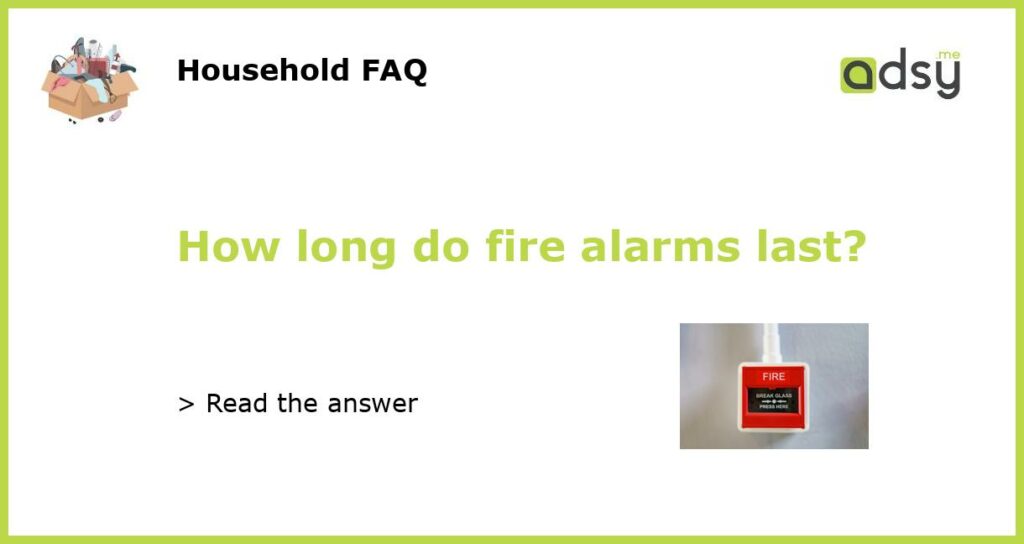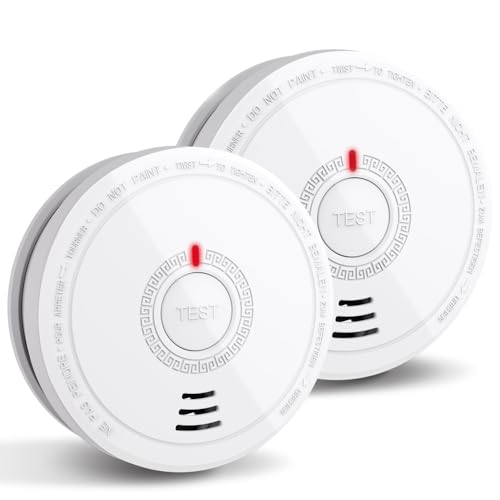How Often Should You Replace Your Fire Alarm?
Fire alarms are an essential safety feature in every home and workplace. They serve as an early warning system that alerts you to potential fires, giving you the chance to evacuate and call the fire department. However, fire alarms don’t last forever. Over time, they can lose their effectiveness, putting you and your loved ones in danger. So, how long do fire alarms last?
The Lifespan of a Fire Alarm
The lifespan of a fire alarm depends on the type of alarm you have. Smoke alarms typically last around 10 years, while heat detectors can last up to 15 years. Carbon monoxide detectors, on the other hand, have a shorter lifespan of around 7 years. However, it’s important to note that these are just general guidelines. The lifespan of your fire alarm can vary depending on factors such as usage, environmental conditions, and maintenance.
Signs It’s Time to Replace Your Fire Alarm
Even if your fire alarm is still within its lifespan, it may need to be replaced if it’s showing signs of wear and tear. Here are some signs that it’s time to replace your fire alarm:
- The unit is old and outdated
- The alarm is unresponsive when tested
- The alarm emits false alarms or beeps for no reason
- The unit has been damaged or has signs of corrosion
How to Extend the Life of Your Fire Alarm
To ensure your fire alarm lasts as long as possible, there are a few things you can do:
- Test your alarm once a month
- Replace the batteries every six months
- Clean your alarm regularly to remove dust and debris
- Replace your alarm if it’s been more than 10 years (smoke alarm) or 7 years (CO alarm) since installation
Replacing your fire alarm regularly is essential for ensuring your home or workplace is safe from fire. While the lifespan of your alarm may vary depending on the type of alarm and environmental factors, it’s always better to err on the side of caution and replace your alarm if it’s showing signs of wear and tear. By following the tips above, you can extend the life of your fire alarm and ensure it’s working effectively when you need it most.






